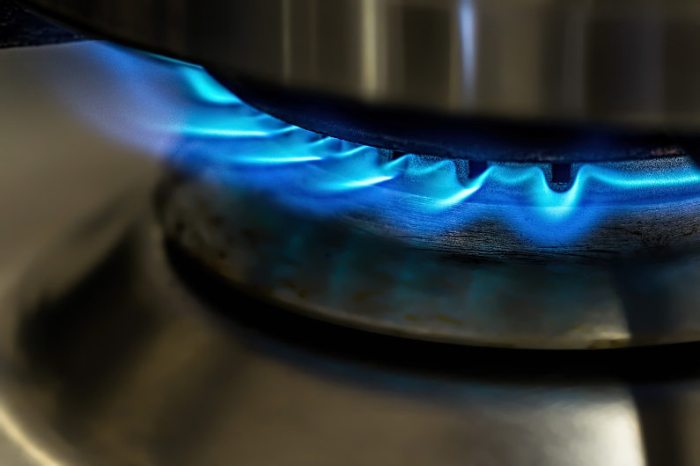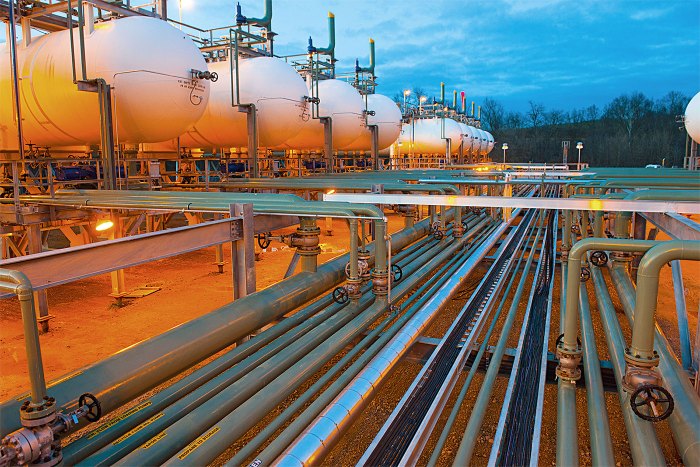State of the matter crossword clue – The state of matter crossword clue beckons us to embark on an intellectual odyssey, delving into the enigmatic realm of matter’s diverse manifestations. This multifaceted concept, encompassing the defining characteristics and behaviors of solids, liquids, and gases, unveils the fundamental nature of our physical world.
From the rigid structure of solids to the fluidity of liquids and the expansive nature of gases, each state of matter exhibits unique properties and interactions, shaping the world around us in countless ways. Join us as we unravel the intricacies of matter’s states, exploring the processes that govern their interconversion and uncovering the exotic realms beyond the familiar.
State of Matter: Definition and Overview

Matter exists in various states, each with distinct properties and characteristics. The three main states of matter are solid, liquid, and gas. Solids have a definite shape and volume, liquids have a definite volume but no definite shape, and gases have neither a definite shape nor a definite volume.
The properties and behavior of each state of matter are determined by the arrangement and movement of its constituent particles. In solids, particles are closely packed and arranged in a regular pattern. In liquids, particles are closely packed but can move more freely, allowing them to flow.
In gases, particles are widely spaced and move rapidly, allowing them to expand and fill their container.
Interconversion of States of Matter
States of matter can be interconverted through various processes, such as melting, freezing, vaporization, and condensation. Melting is the process of a solid turning into a liquid, while freezing is the reverse process. Vaporization is the process of a liquid turning into a gas, while condensation is the reverse process.
The factors that affect the interconversion of states of matter include temperature and pressure. Increasing temperature generally promotes melting and vaporization, while decreasing temperature promotes freezing and condensation. Increasing pressure generally promotes condensation and freezing, while decreasing pressure promotes melting and vaporization.
Plasma: The Fourth State of Matter
Plasma is the fourth state of matter, which is created when a gas is heated to a very high temperature or subjected to a strong electric field. Plasma is characterized by the presence of ionized particles, which are atoms or molecules that have lost or gained electrons.
Plasma has unique properties and behaviors, such as the ability to conduct electricity and generate magnetic fields. Plasma is found in various natural phenomena, such as lightning, the aurora borealis, and the sun’s corona.
Bose-Einstein Condensate: The Fifth State of Matter, State of the matter crossword clue
Bose-Einstein condensate (BEC) is the fifth state of matter, which is created when a gas is cooled to extremely low temperatures, near absolute zero (-273.15 °C or -459.67 °F). BEC is characterized by the formation of a superatom, where all the particles in the gas occupy the same quantum state.
BEC has unique properties and behaviors, such as the ability to flow without friction and to form macroscopic quantum states. BEC is used in various scientific research areas, such as atomic physics and quantum computing.
Exotic States of Matter
In addition to the five main states of matter, there are various other exotic states of matter, such as superfluids, superconductors, and quark-gluon plasma.
Superfluids are liquids that have zero viscosity, allowing them to flow without friction. Superconductors are materials that have zero electrical resistance, allowing them to conduct electricity without any loss of energy. Quark-gluon plasma is a state of matter that is created when subatomic particles called quarks and gluons are freed from the protons and neutrons that normally bind them together.
FAQ Insights: State Of The Matter Crossword Clue
What are the three main states of matter?
Solid, liquid, and gas
How can states of matter be interconverted?
Through processes such as melting, freezing, vaporization, and condensation
What is plasma, and how does it differ from other states of matter?
Plasma is an ionized gas with unique properties and behaviors, distinct from the other states of matter
